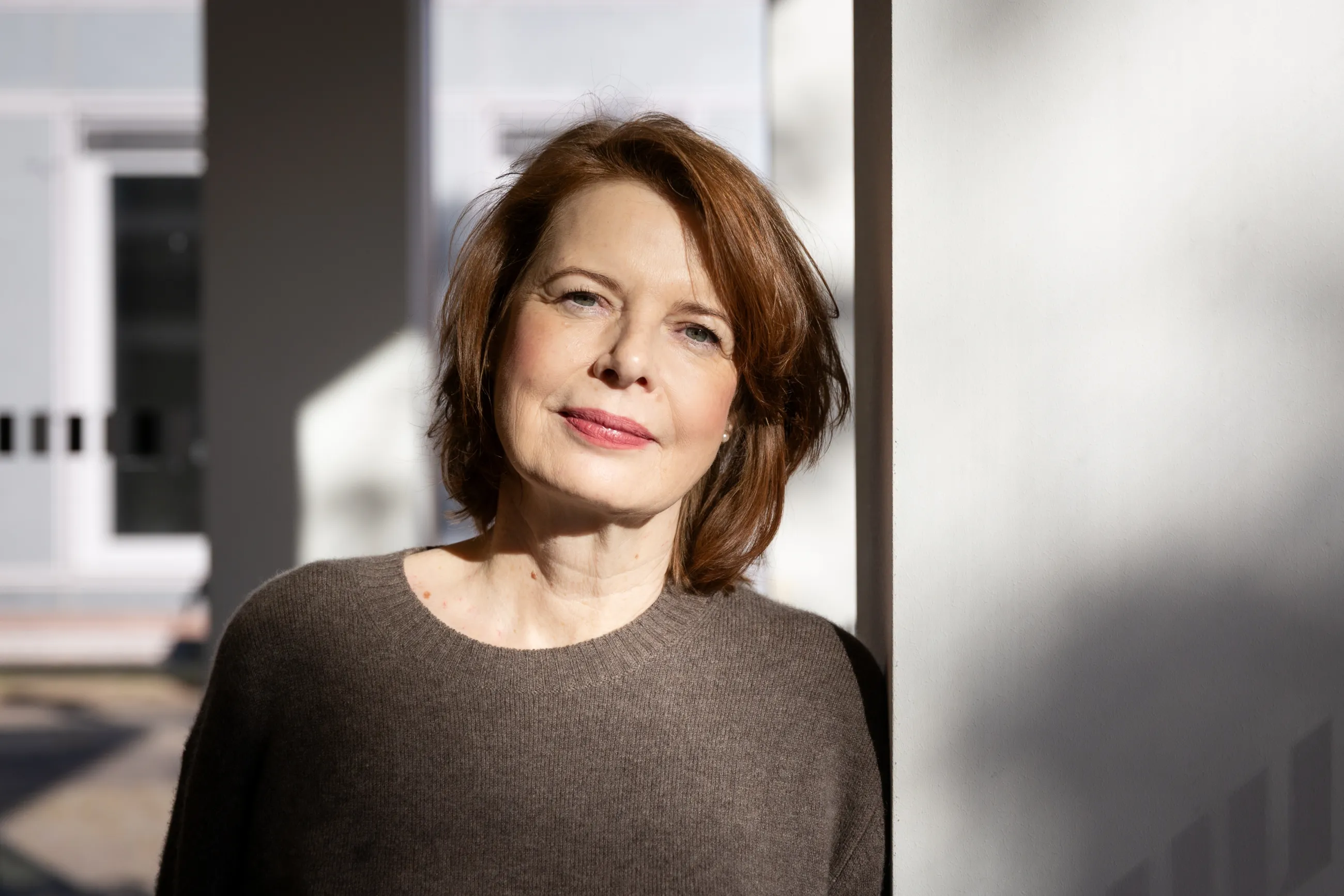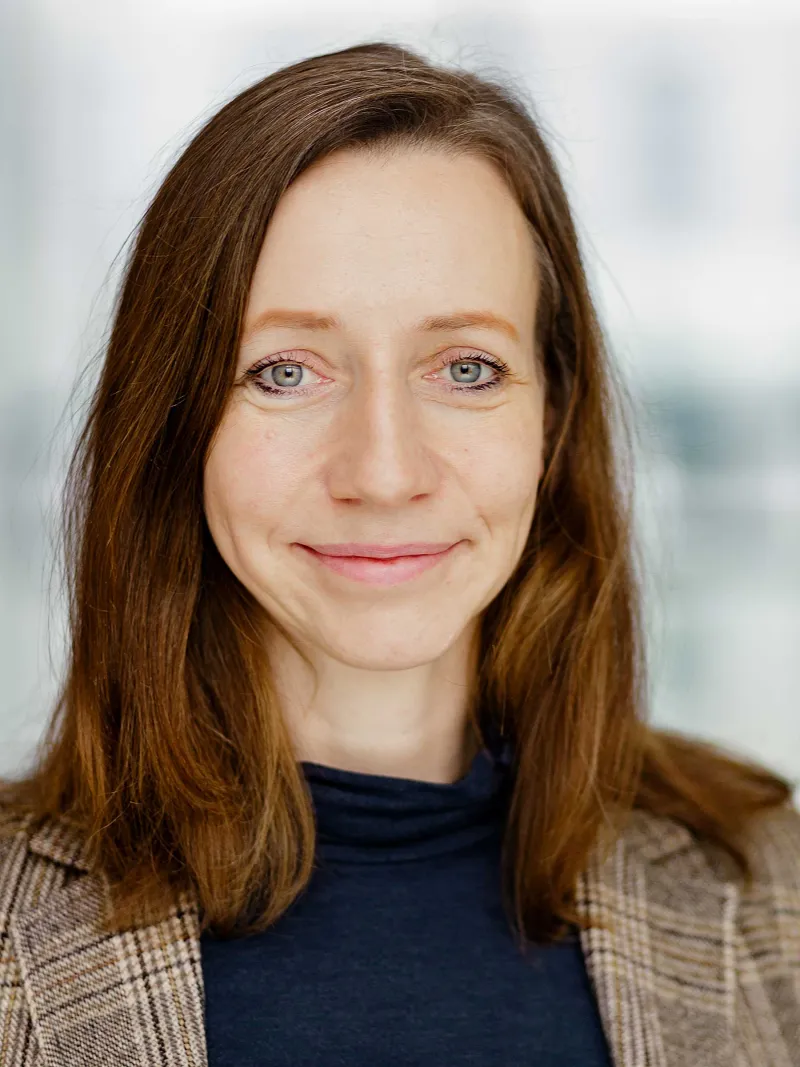Interview
30 years of the Centre for Further and Continuing Education (ZEW): Prof Dr Andrea Schmidt on the Development of the Continuing Education Master's Programme in Social Management

Prof Dr Andrea Schmidt is the academic director of the Master's in Social Management. She reports on the start of the degree programme in 2016, its development and talks about her wishes for the future of ZEW in the coming years.
How long have you been at the University of Applied Sciences Potsdam and how did you first come into contact with the Centre for Further and Continuing Education (ZEW)?
I joined the FH Potsdam in the winter semester of 2010. I had already been involved with the topic of continuing education during my studies and developed and implemented many continuing education programmes in my later professional life. The topic of academic continuing education was then added at theFH Potsdam when I became Vice President for Studies and Teaching and was responsible for the topic across the university. At the beginning of the 2010s, continuing education and ZEW had slipped off the university management's agenda as the focus shifted to research. It was necessary to work against this, which was achieved not least by securing ZEW's staffing, introducing innovative continuing education programmes and through the commitment of the members of the Board of Directors. In recent years, ZEW has changed in the same way as the university as a whole: from a small family organism that allowed freedom and creativity to a system that is increasingly more centrally controlled and tends to be designed for efficiency. Both approaches have their times and their justifications.
As programme director of the part-time Master's in Social Management, what are and were the challenges and where do you see the (future) potential for further development?
The programme started in 2016 and was developed by Birgit Wiese, Matthias Schreckenbach and myself. In addition to traditional topics such as accounting and personnel requirements planning, it was important for us to reflect extensively on our own leadership personality. We also focussed on the special features that arise when social work and social projects are viewed from a managerial perspective. The biggest challenge was certainly to run the programme economically, as social management still seems suspect even today - 30 years after the introduction of New Governance in the social sector. Unfortunately, the programme was closed because it fell short of expectations in economic terms. We are currently considering whether we should further develop the content of the programme in the direction of micro-credentials, as micro-credentials are a component of the EU strategy for lifelong learning. As the FH Potsdam with ZEW and its programmes has always been a leader in this field, this would be a logical step. For the students who have completed the programme, the degree has generally led to a leap in their careers, as in the vast majority of cases they have taken up management positions. Almost half of them are women. The degree programme therefore contributed to gender equality in the non-profit sector. Some students had already completed a Bachelor's degree in Social Work at the University of Applied Sciences Potsdam while working and then went on to complete a Master's degree in Social Management. This clearly speaks for the quality of the degree programme in terms of both content and people.
What do you wish the Centre for Further and Continuing Education (ZEW) for its future?
I hope that the ZEW staff will continue to be as committed, professional and dedicated as they are, because this has a direct impact on the continuing education programmes. At ZEW, participants and lecturers are taken seriously and their concerns are valued. ZEW was and still is under pressure to legitimise its funding. This is challenging insofar as continuing academic education is the original task of universities. I hope that ZEW continues to have the courage to take the space to try out new topics and formats without being subject to a direct logic of utilisation. This requires a commitment. However, this is not the sole responsibility of ZEW, but a task for the entire university.
